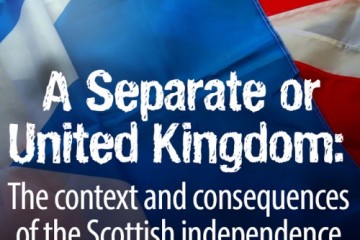
Scotland and the European Union: A legal analysis
Should Scots vote for independence, this will be the first case of secession from an EU member state. There is no precedent which would suggest whether or not an independent Scotland would (automatically) become an EU member state and whether Scots would retain rights stemming from EU citizenship. Analogies have been attempted with Algeria and Greenland, but they crucially differ from Scotland in law and fact. Algeria was effectively a French colony, although formally a Department, and its independence was a matter of decolonisation. This is not the case in Scotland. Greenland remained under Denmark’s authority, but exited what was then the European Economic Community (EEC). Scotland is seeking to do the opposite – leave an EU member state and remain in the EU.
The EU is based on international treaties. When new states emerge, some treaties indeed continue to apply in the territory of the new state, if the predecessor state was a party to them. The treaties regulating human rights and humanitarian matters are particularly known to operate in this way. However, there is no such automaticity where treaties that establish international organisations are concerned. Strictly speaking, the EU is not an international organisation, but such an analogy can be established for our purposes here. The UN Charter is also a treaty and an independent Scotland would not accede to it automatically, either. It would need to apply and become a member anew. The same would happen with its EU membership. By becoming independent, Scotland prima facie also exits the EU. However, there is a structural problem in EU law about such an exit.










